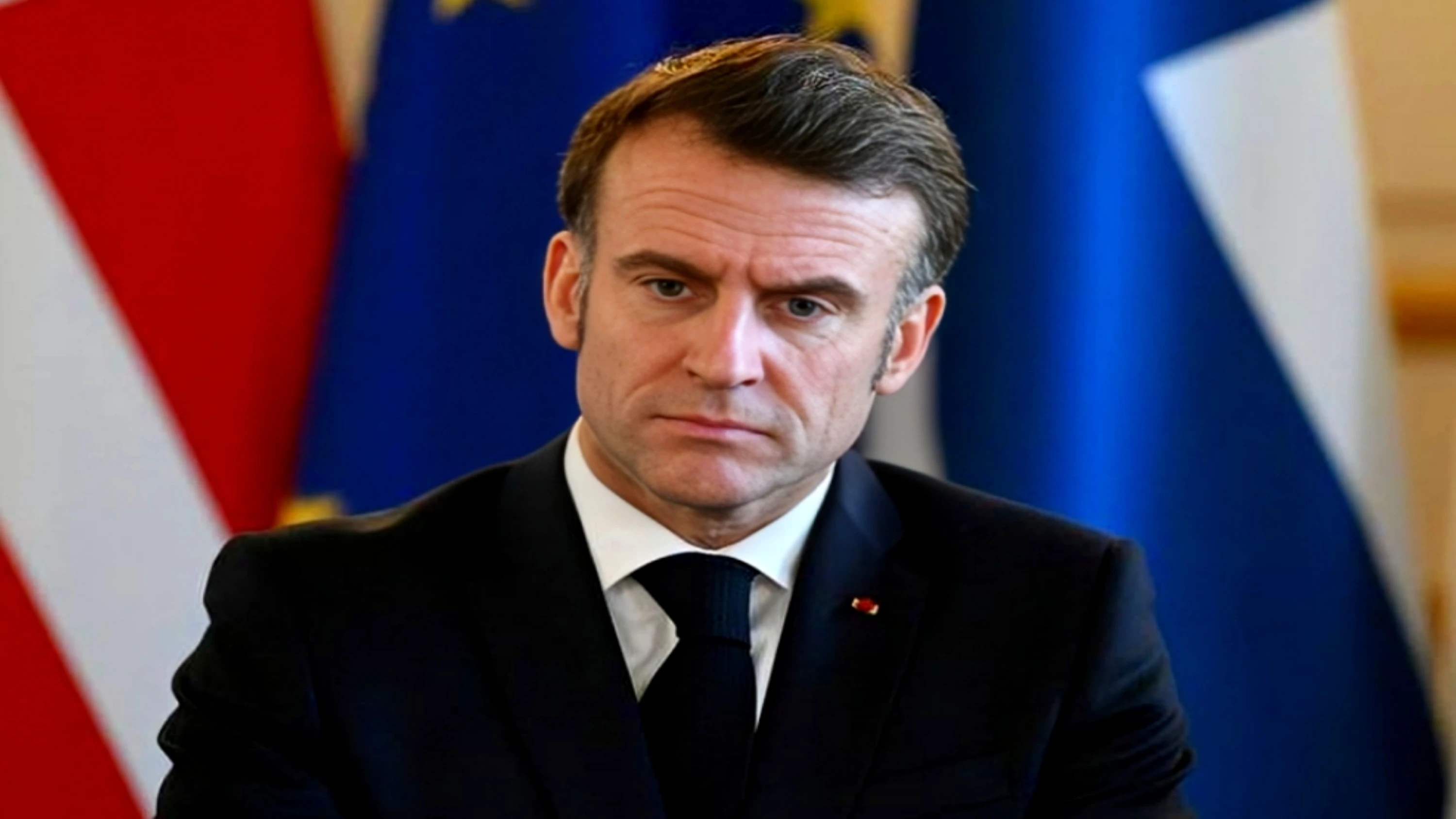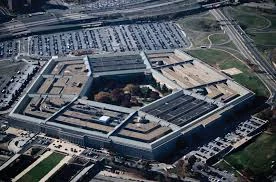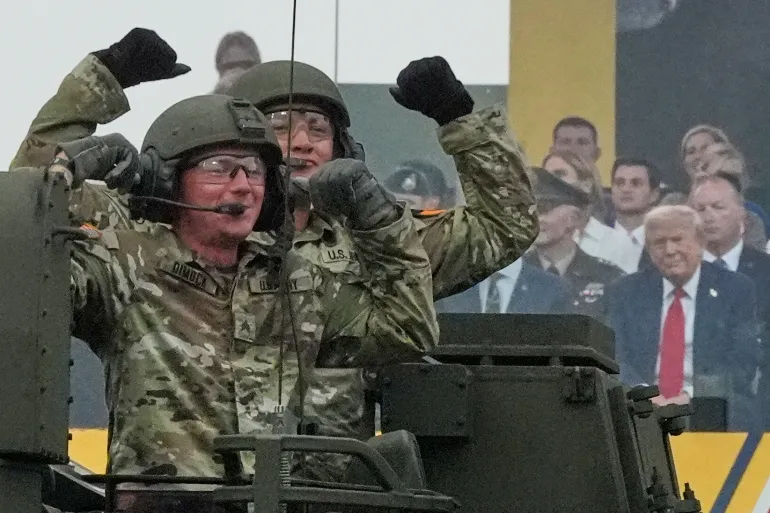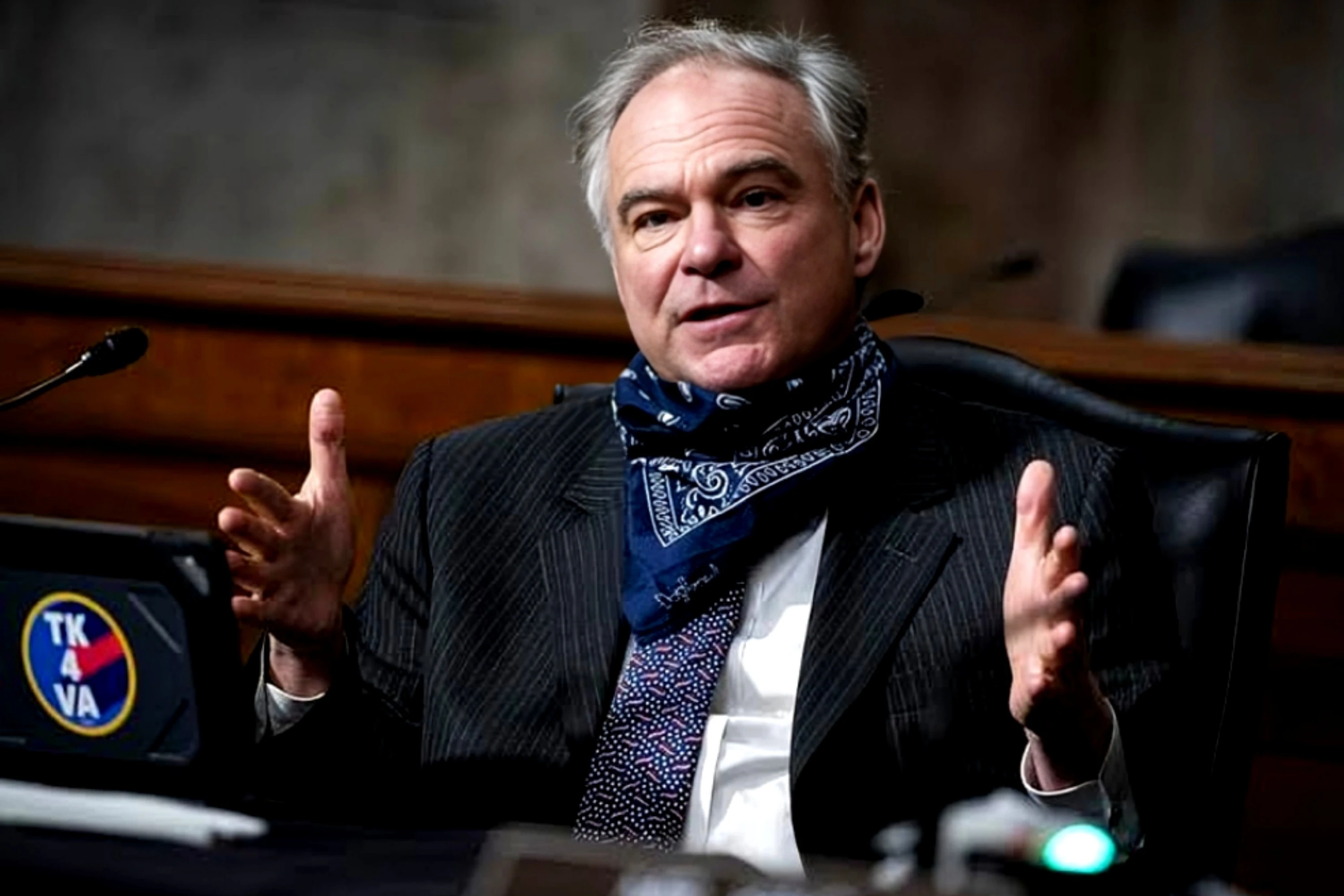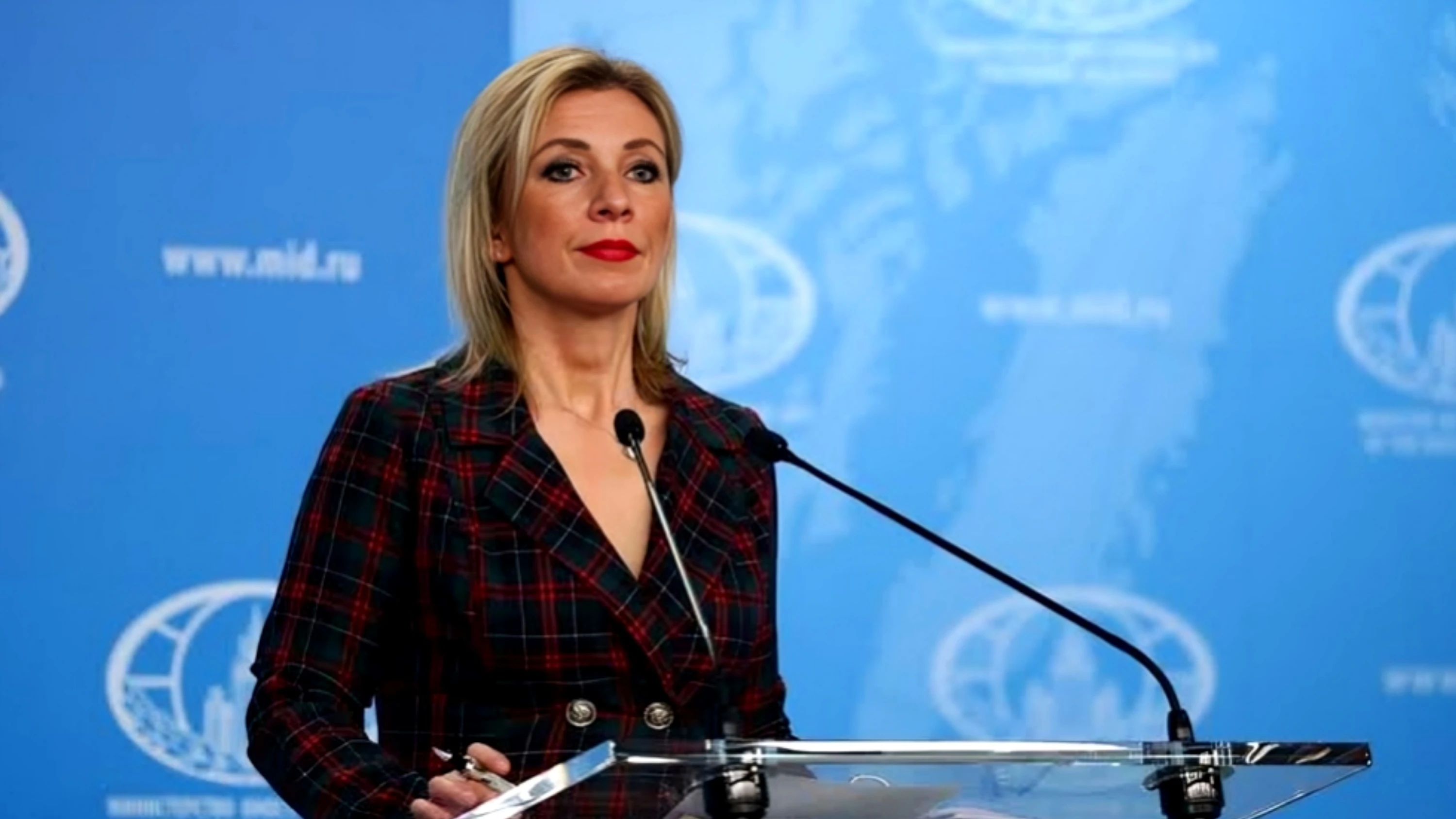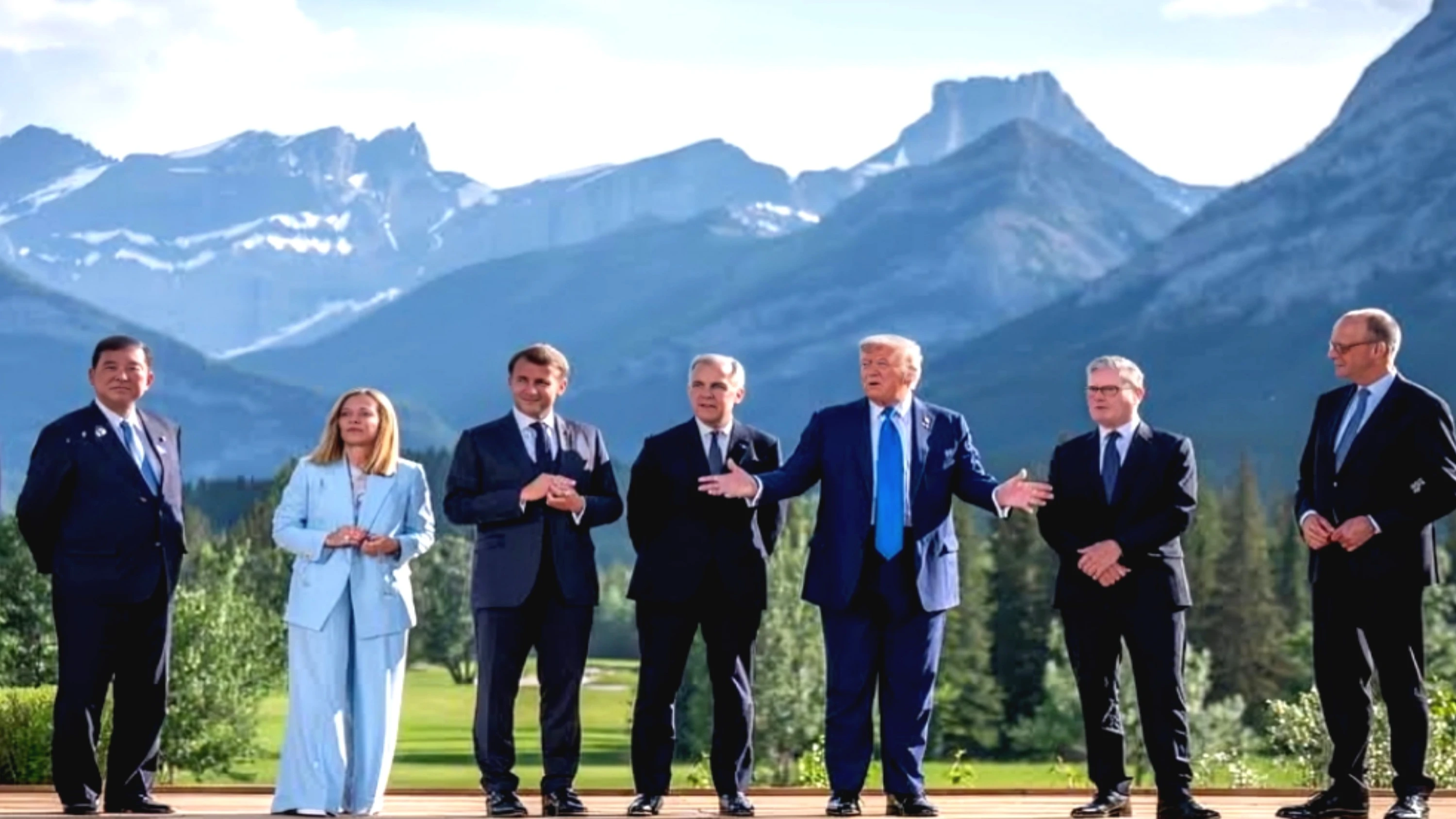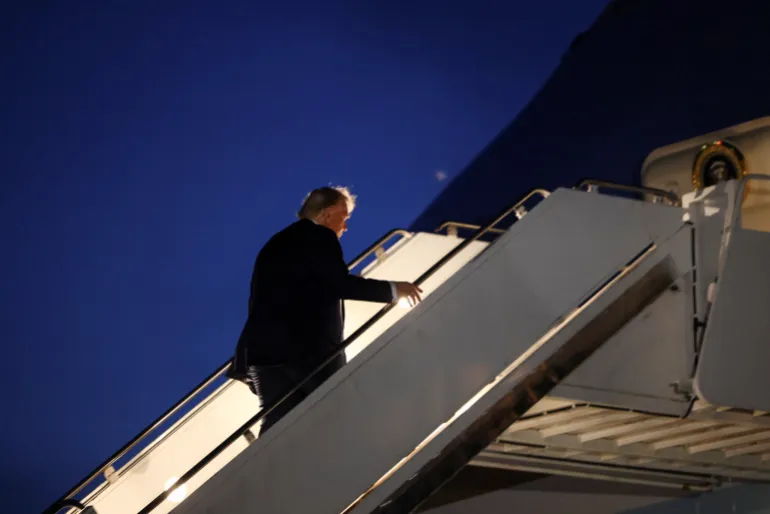Paris: French President Emmanuel Macron has suggested that European forces could serve as a strategic tool to deter further Russian aggression if a peace agreement is reached in Ukraine.
Speaking on Wednesday, Macron emphasized that Russia still displayed a "desire for war" despite ongoing efforts to establish a ceasefire.
His remarks came ahead of a high-level summit in Paris, where Ukrainian President Volodymyr Zelenskyy and European leaders gathered to discuss Ukraine's security in the event of a truce. The meeting, described as a "coalition of the willing," aimed to explore mechanisms to ensure Ukraine's stability post-conflict.
During a joint press conference with Zelenskyy, Macron described the current stage of the war as a crucial moment to push for an end to Russia's aggression. He also announced a fresh military aid package worth €2 billion ($3.4 billion) from France, which would involve rapidly delivering weapons and equipment from French stockpiles.
Macron insisted that Russia must accept Ukraine’s offer of a 30-day ceasefire without any conditions. He rejected any notion that Moscow could dictate the terms of European military support for Kyiv. "There is only one aggressor, and Ukraine is defending itself," he stated firmly.
While Zelenskyy acknowledged discussions about future European involvement, he noted it was premature to define the exact role of these forces. He emphasized that the key issue was identifying which nations would be willing to participate in security missions. "No one wants to pull any country into war," he said.
Macron clarified that European troops would not engage in frontline combat, portraying their potential presence as part of a peacekeeping strategy rather than an offensive deployment.
Additionally, he accused Moscow of imposing new conditions instead of responding to Ukraine’s ceasefire proposal. According to Macron, Ukraine had agreed to halt hostilities for 30 days unconditionally, but Russia had yet to reciprocate.
Zelenskyy expressed optimism that Thursday's summit—which included German Chancellor Olaf Scholz and British Prime Minister Keir Starmer—would yield decisive actions to maintain pressure on Russia. He warned against any reduction in support for Ukraine, arguing that such a move would only prolong the war.
He also voiced concerns about certain US political figures being swayed by Russian propaganda and vowed to counter these narratives. Regarding potential US concessions to Russia, particularly on sanctions, he stressed the importance of maintaining a firm stance.
Reflecting on his leadership, Zelenskyy downplayed concerns about his historical legacy, saying his focus remained on ensuring a secure future for Ukrainian families. "My goal is to see my children walk the streets without fear," he concluded.


